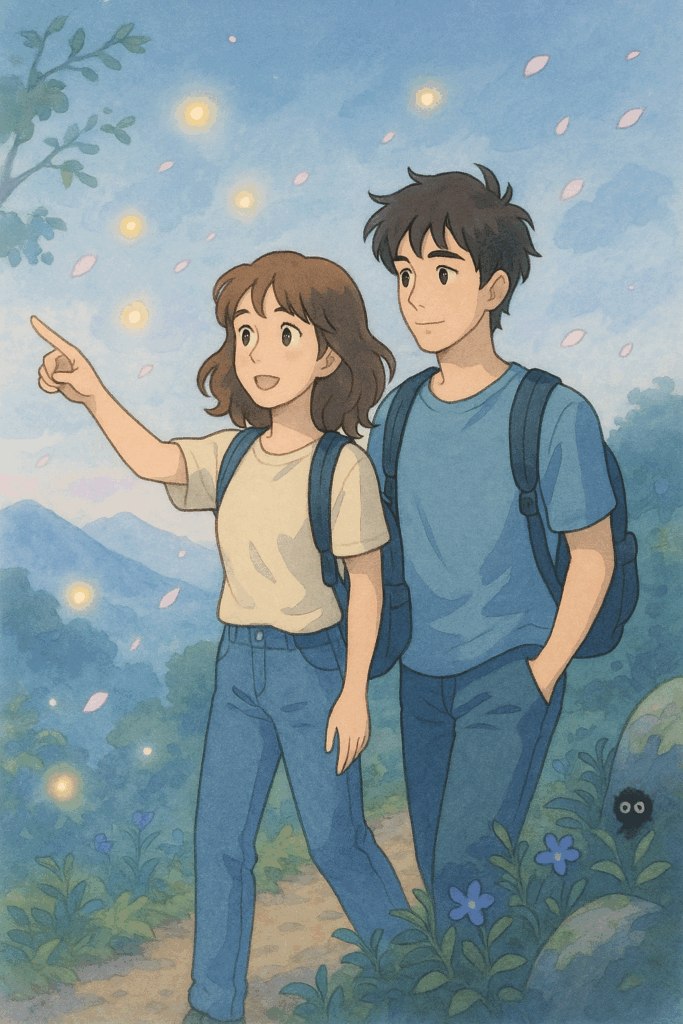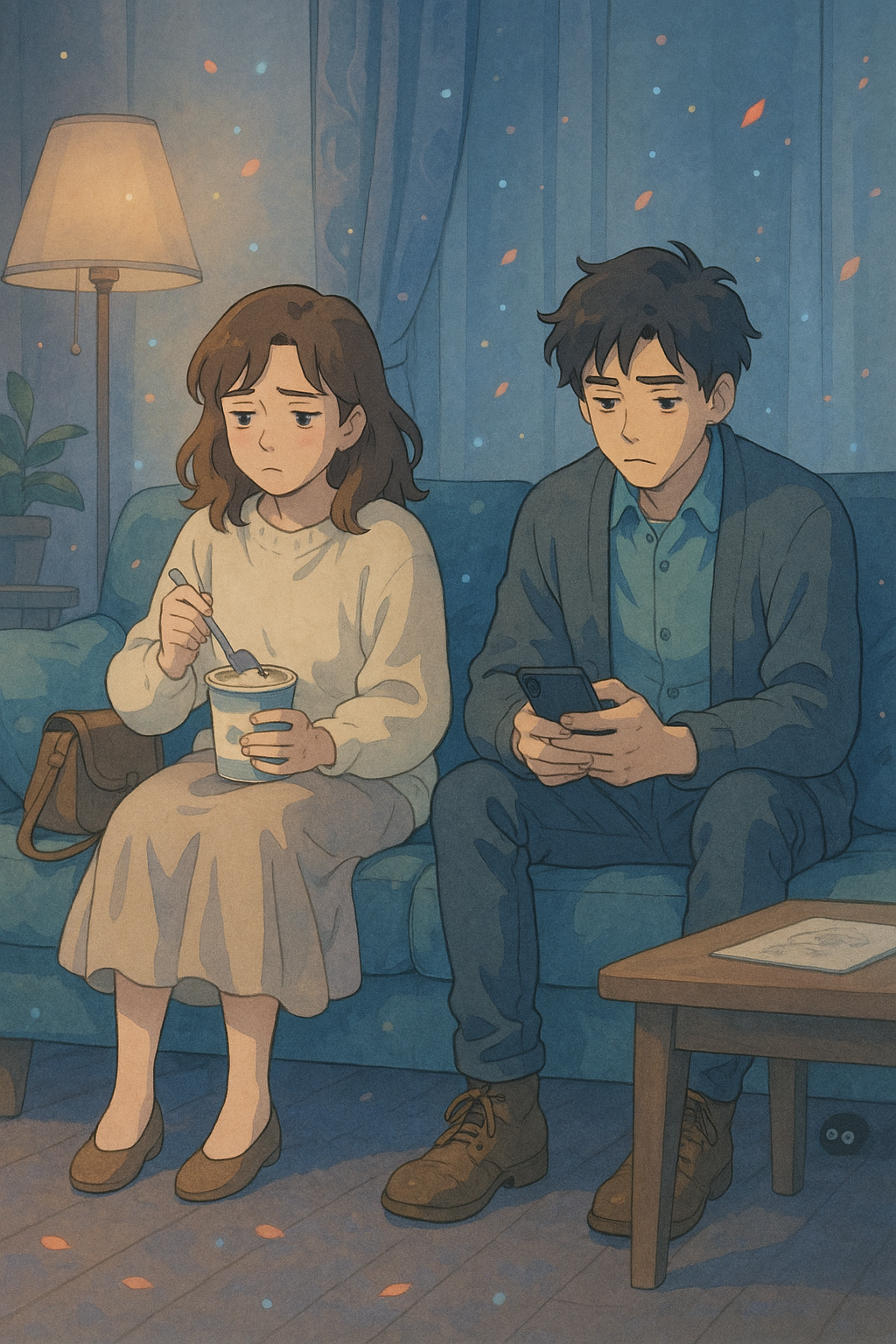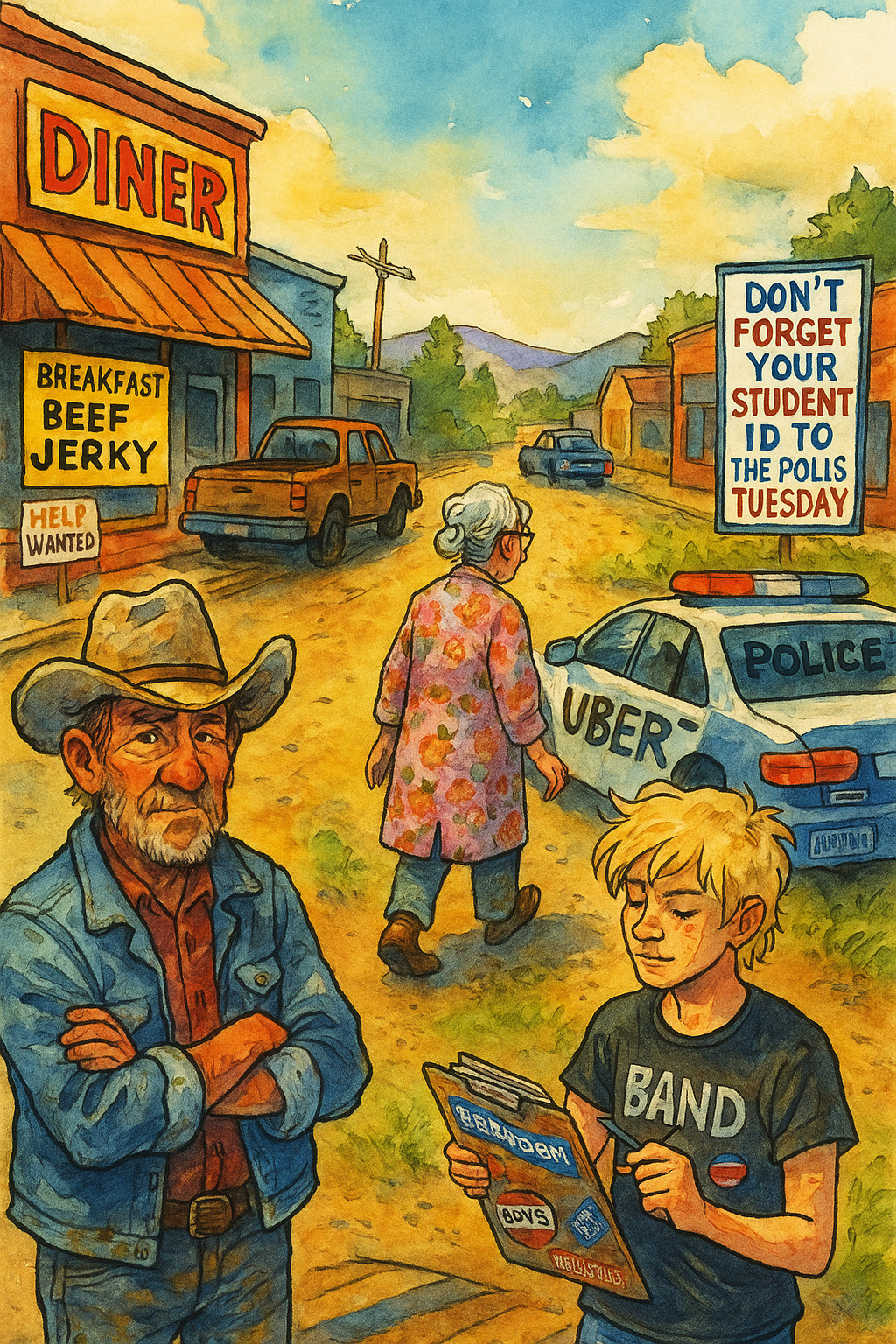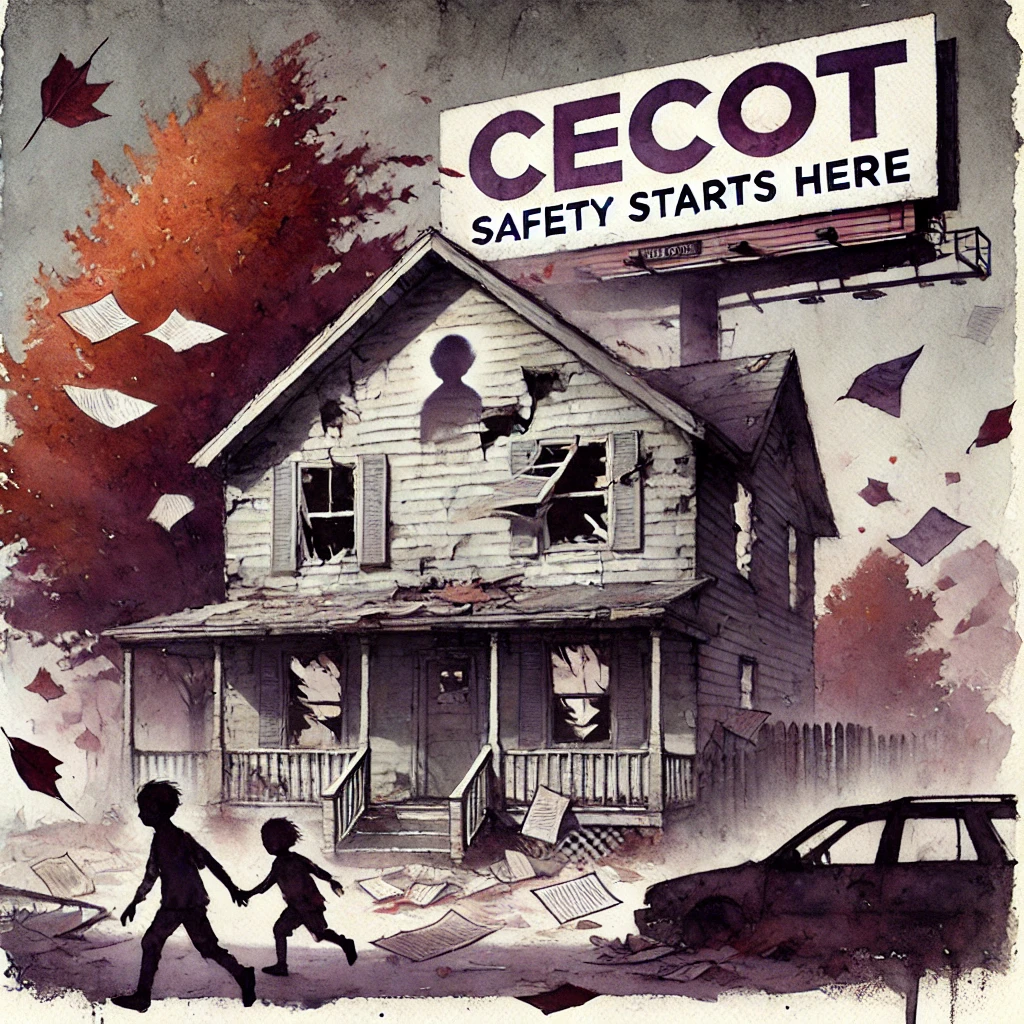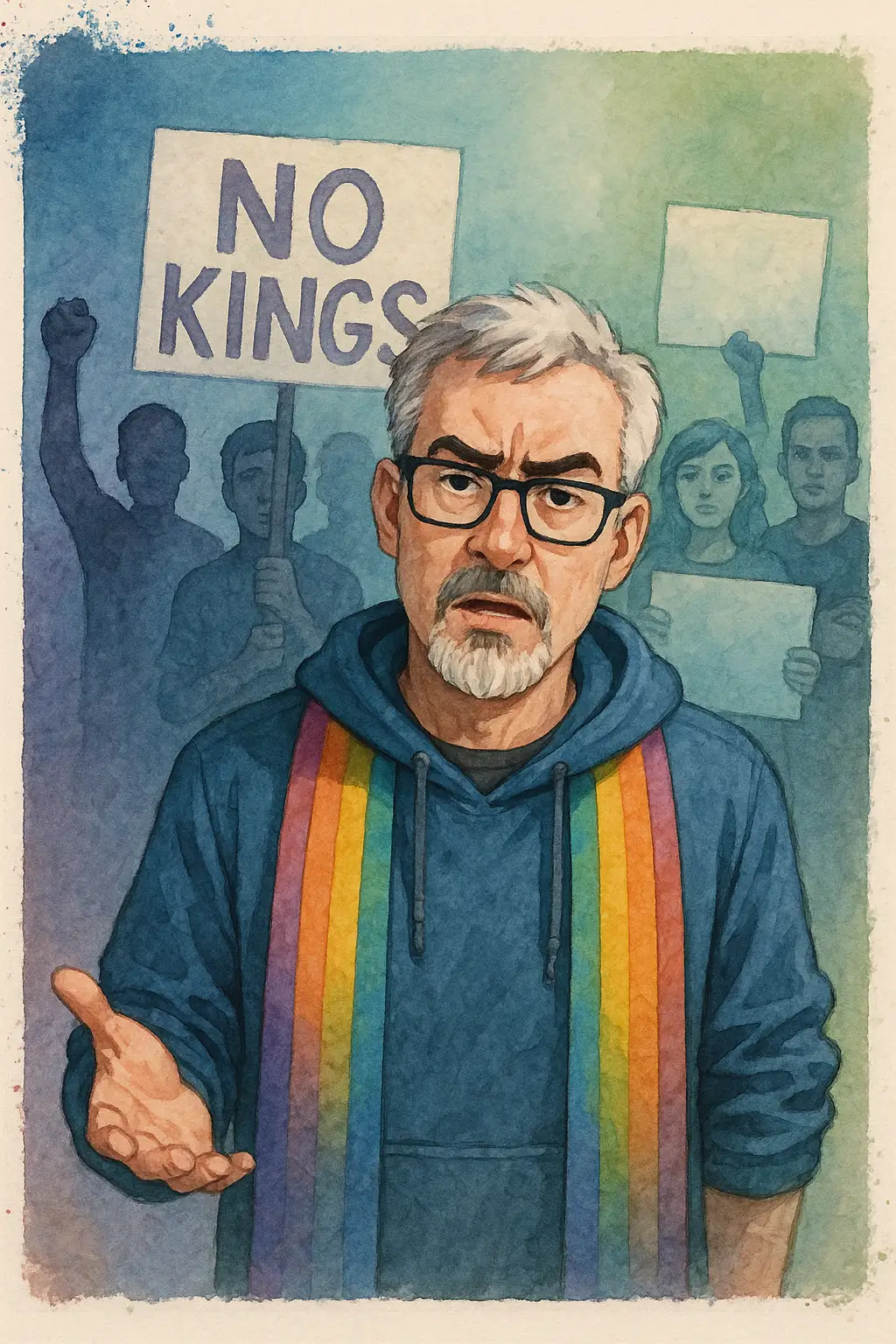Miswanting, Helplessness, and Why Happiness Is Such a Slippery Bastard
You ever want something—really want it—only to get it and feel… nothing? Or worse: slightly ill and vaguely ashamed, like you just betrayed your future self for five minutes of mediocre pleasure?
You think, “I deserve ice cream,” and then three bites in, your stomach files a noise complaint.
You think, “Rest will help,” so you collapse into the couch—but emerge two hours later feeling like your soul’s been through a blender set to “low self-esteem.”
You turn down plans, convinced solitude will soothe you—then spend the night emotionally googling “how to feel less alone without talking to anyone.”
Psychologists have a name for this funhouse of disappointment: miswanting.
It’s the art of wanting the wrong thing—thinking something will bring joy, relief, or meaning, only to find it delivers a combo meal of regret and existential bloating.
This isn’t just a personal issue. Society itself is out here miswanting like it’s a competitive sport.
When Politics Feels Like a Soul-Eating Void
Since Trump was re-elected in 2024 (yeah, I know—take a minute to scream into a pillow), I’ve watched a new kind of hopelessness slink into the room. It’s not fire-in-the-streets rage. It’s something quieter, heavier. Like everyone got ghosted by democracy.
My patients aren’t just anxious. They’re in full emotional allergic reaction mode—tired of caring, tired of hoping, tired of watching the country perform the legislative equivalent of slamming its face into a doorknob on repeat.
And—good news!—there are clinical terms for this:
- Learned Helplessness: Coined by Martin Seligman in the ’60s, back when psychology was still figuring out how dogs and despair interact. Basically, if life keeps kicking you in the shins and nothing you do makes it stop, you eventually stop trying. Even when kicking back might actually work.
- Election Fatigue: It’s like hangover but with worse vibes. TIME called 2024 “The Dread Election,” which sounds like a horror movie where every character is a pundit and no one survives.
- Modern Cynicism™: Institutional trust is so low it’s basically subterranean. Young people aren’t “disengaged” because they’re lazy—they’re disengaged because they’re not morons. They see the system isn’t built for them and respond accordingly: with memes, nihilism, and existential dread in a reusable tumbler.
Put all this together and you get collective miswanting:
We chase comfort by checking out, numbing out, and rage-scrolling through platforms designed to drain our last drop of focus juice. We want relief. We get burnout.
Miswanting at Scale: Same Trap, Just Louder
You know how skipping the gym feels great until it doesn’t? That moment when your body turns into a beanbag chair and your spine files for emancipation?
Society does that, too.
We bail on community, activism, and conversation in favor of “comforts” that secretly rot our social muscles. We yell into the void instead of building bridges. We soothe ourselves with sarcasm, irony, and algorithm-approved despair.
It feels smart. It feels efficient. It feels safe.
It is none of those things.
It’s the psychological version of putting a Band-Aid on a cracked dam and calling it wellness.
So… What the Hell Do We Do Instead?
Here’s the annoying truth: the way out is boring. And unsexy. And not instantly gratifying.
But it works.
- Notice the miswant
Ask: “Is this comfort or avoidance?” That voice saying “hide under the covers” might just be trauma trying to save energy, not wisdom whispering truth. - Do the thing you don’t want to do
If everything in your body screams, “Don’t call them,” maybe call them.
If you’re about to hit “play next episode,” maybe don’t.
If the idea of civic engagement makes your skin crawl—congrats, that’s your next right step. - Make it social
Everything sucks less when you’re not alone. Even doom. Especially doom.
Join the thing. Build the thing. Say the awkward hello at the local organizing meeting. Be the weird neighbor who gives a damn.
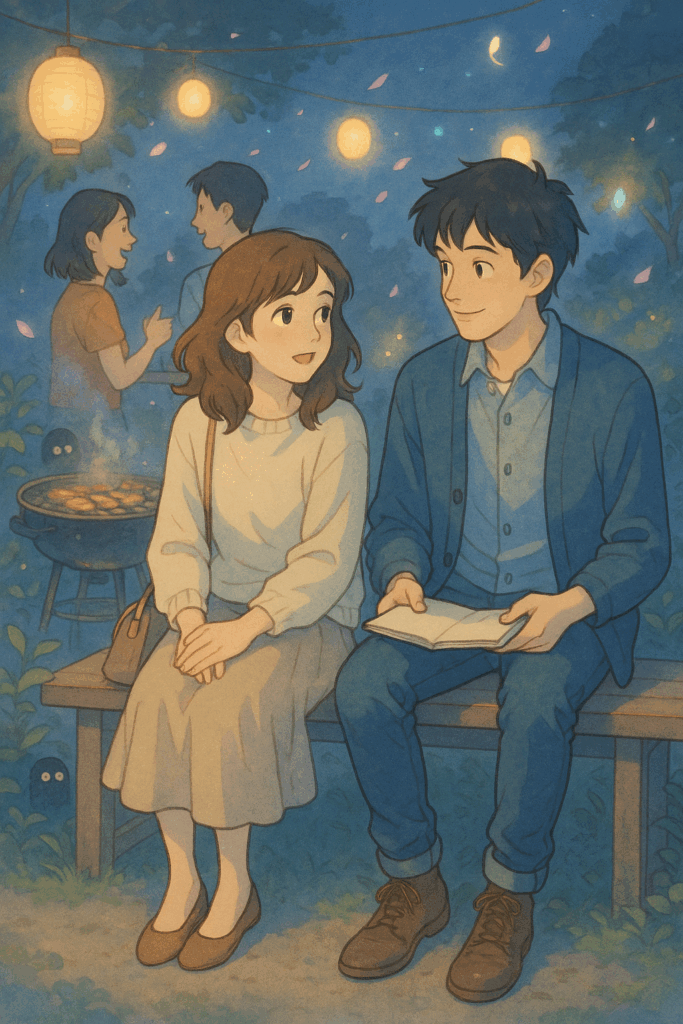
The Bad News, And the Better Truth
The bad news: Happiness—real, sturdy, long-lasting happiness—almost never comes from what feels easy right now.
The better truth: The stuff we resist the most? That’s often the good stuff. The medicine. The actual path out of the swamp.
You don’t get strong by lying down.
You don’t build hope by avoiding reality.
You don’t fix the world by doing what feels good—you fix it by doing what actually helps.
Yes, your brain will tell you to scroll. To hide. To freeze. To check out.
But your brain is also the same organ that thought texting your ex at midnight was a solid plan. Maybe don’t take advice from the part of you that runs on fear and expired dopamine.
Do the thing anyway.
Because real connection—the kind that makes you feel less alone in a world that feels like it’s circling the drain—isn’t found in avoidance.
It’s built in resistance.
It’s built in motion.
It’s built in community.
Miswanting will whisper, “Don’t bother. Just numb out.”
But real joy is waiting on the other side of that lie, wearing boots and carrying snacks.
